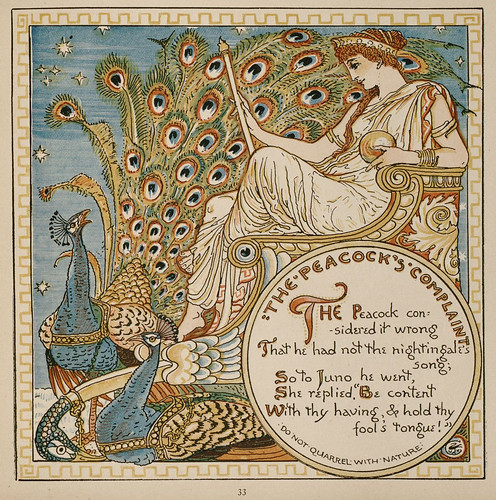HODIE: pridie Idus Novembres.
MYTHS and LEGENDS: The art image for today's legend shows Pygmalion and the Statue; you can also see the legends for the current week listed together here.

TODAY'S MOTTOES and PROVERBS:
TINY PROVERBS: Today's tiny proverb is: Cave lupum (English: Beware the wolf).
3-WORD MOTTOES: Today's 3-word verb-less motto is Ne quid nimis (English: Not anything in excess).
ANIMAL PROVERBS: Today's animal proverb is Fera quaevis in sua silva superbit (English: Every beast exults in its forest).
POLYDORUS: Today's proverb from Polydorus is: Egregia musica quae sit abscondita, nulli rei est (English: Outstanding music, if it is hidden, is of no account).
PROPER NAME PROVERBS: Today's proper name proverb from Erasmus is Ne Hercules quidem adversus duos (English: Not even Hercules fights against two at once; from Adagia 1.5.39).
GREEK PROVERBS: Today's proverb is Χαλεπὸν τὸ ἑαυτὸν γνῶναι, ἀλλὰ μακάριον (English: To know oneself is a difficult but fortunate thing).
BREVISSIMA: The distich for today is Tempus Volubile: Cuncta trahit secum vertitque volubile tempus, / Nec patitur certa currere quemque via.
And here is today's proverbial lolcat:
TODAY'S FABLES:
FABULAE FACILES: The fable from the Fabulae Faciles widget is Cervus et Amici Eius, a story of friends who do more harm than good (this fable has a vocabulary list).
AESOP IN ENGLISH VERSE: Today's fable from the English verse widget is The Crane and the Peacock, in which the crane rebukes the boastful peacock.
MILLE FABULAE: The fable from the Mille Fabulae et Una widget is Pavo et Iuno, the famous story of the peacock's complaint to Hera.

